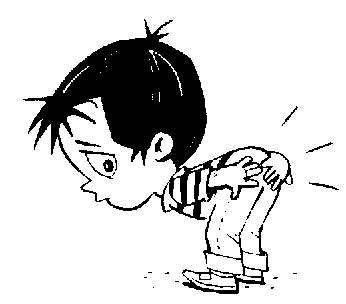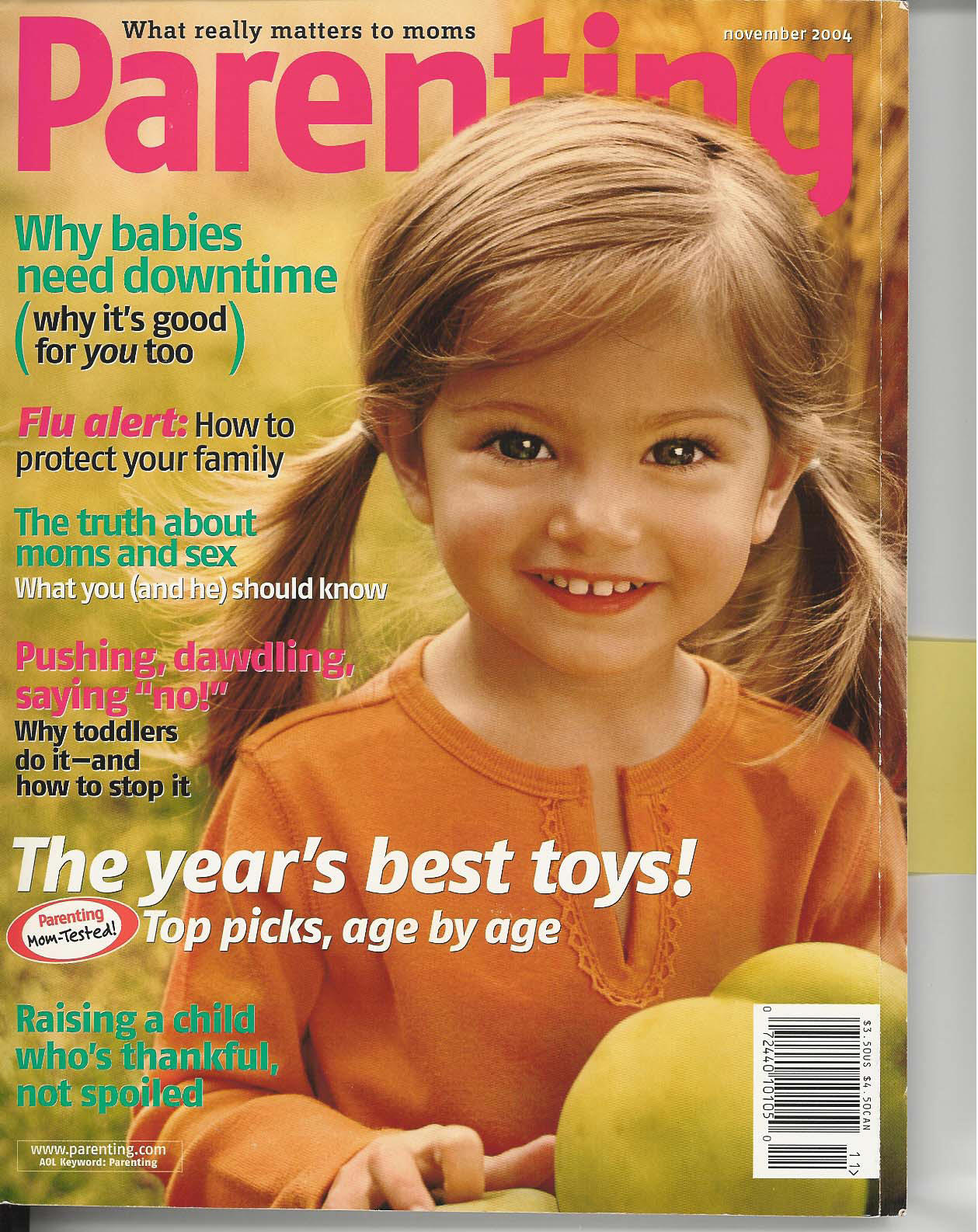Posts Tagged ‘parenting expert public relations’

Journalist Amber Narsulla, interviewed AJGpr client, Betsy Brown Braun for the online parenting site mom.me. Betsy is a child development and behavior specialist who weighed in on the question of taking kids out of school for family vacations.
Betsy says, “Some children are flexible and will transition easily back into the classroom, while others will struggle.”
For the full story click here.
Besty is the bestselling author of Just Tell Me What to Say and You’re Not the Boss of Me.
Why Your Kid Whines — and How to Get Her to Stop iVillage Turns To Betsy Brown Braun For Strategies
2012

Why Your Kid Whines — and How to Get Her to Stop
Bonnie Vengrow posted and article on children and whining on iVillage. To get some perspective on this developmental stage of childhood, she turned to my client, Betsy Brown Braun, child development and behavior specialist and best selling author of Just Tell Me What to Say and You’re Not the Boss of Me.
Here are the “expert strategies to stop your kid’s whining.”
You and your kiddo are chugging along nicely when, one day, she figures out that if she raises her voice, repeats herself over and over, and tosses in a few tears — presto! — she’ll get what she wants. Her latest discovery may mean frustration, aggravation and plenty of headaches for you. But like most developmental phases, whining can be temporary — so long as you nip it in the bud. We turned to the experts for their take on whining, and got tried-and-true advice on how to stop it fast.
A little perspective
Whining is about as aggravating as nails on the chalkboard and can make even the most level-headed mama want to scream. It’s the most annoying sound on earth, but it actually serves a good purpose. “It’s an all-important part of beginning to grow up,” says Betsy Brown Braun, child development and behavior specialist and author of Just Tell Me What to Say and You’re Not the Boss of Me. “Whining is his way of figuring out who he is separate from you, the parent. He’s not doing anything that’s wrong or unacceptable. We have to change the ways we react to it and how we reabsorb it.”

Back in June, my client, Betsy Brown Braun, blogged about spanking. I love what she has to say and wanted to share it with AJGpr readers.
Betsy is a parenting expert and the author of two best-selling books Just Tell Me What To Say and You’re Not The Boss Of Me.
To If Nor Spanking, Then What?
Seems like almost every parent today knows that spanking is verboten. Everyone except that parent who says, “My father spanked me, and I turned out fine.” To him I want to say, You don’t remember how you felt while you were being spanked—the terror, the helplessness, the anger.
Working with parents for 40 years has demonstrated to me that parents spank because they don’t know what else to do that “really works.” It is out of their simmering frustration that they resort to harsh physical actions like spanking, slapping, even pinching, or holding a shoulder just that much too tightly. But it’s all spanking. And it screams helpless parent, regardless of the child’s age, tot or tween. You are showing your weakness.
Children do not need to cry, to be hurt, to be shamed, or to shout “uncle” in order to learn the lesson you are trying to impart. The discipline (from the Latin root word which means learning or teaching) that is needed should be just that–the lesson that teaches not to do that again. It is a lesson that cultivates self-discipline. The child needs to learn; he doesn’t need to be hurt or humiliated. In fact, a child in those heightened emotional states will not learn. Rather, he will be focused on his anger at you, what a mean, bad daddy you are, not even thinking about what he did.
Here are some tips for what to do when you feel like spanking:
- Get a grip on your own anger. Grit your teeth and admit that you feel like walloping your kid. Then commit not to do it.
- Remind yourself that this is an opportunity for you teach and for your child to learn. Often children have to do the wrong thing on their way to doing the right thing. And yes, for that there is a consequence.
- Let the child know that whatever the behavior was, you are stopping it. Remove the child from the scene of the crime.
- Say as little as possible. “There is no throwing balls in the living room!” using your low, slow, icy voice. Mean business.
- Remove and isolate your child to a safe place away from you and the scene. No words.
- The key is to DISENGAGE. Do not give your attention of any kind, negative or positive. Nothing.
- When you have both come back to planet earth, even as long as an hour later depending upon the age of the child (the younger the child, the shorter the time), do your revisit.
- Have a short, direct conversation (and it may be one sided) about what happened and what will happen as a result.
- For children seven years old and younger, have your logical consequence ready to impose. (Logical consequences are directly related to the misbehavior.) You showed me that you do not know how to use balls responsibly. So, you will not be able to use balls of any kind for the rest of the week. If necessary, be prepared to take the rest of the family out to play ball. He’ll feel it! So sorry you can’t play with us
- For children older than seven, in addition to the logical consequence, there might be a removal of privileges, or he might have to earn the money to help pay the cost of replacing the window. He gets it.
- Know that it takes time for the lesson to take hold. Much like microwave cooking, it needs a standing time to begin to sink in.
- There is no one size-fits-all answer. Your response must be crafted to the particular child and the infraction.
- Remember, parenting by imposing fear is neither healthy nor effective.
You and your child need to be on the same team. You are both trying to get him to the same place, the place of making thoughtful, good choices for himself. And the very first chance you get, catch him doing the right thing. Praise works better than punishment and a whole lot better than spanking.

Writer Suzanne Schlosberg reached out to several parenting experts for her story in Parenting magazine on “How To Keep Control And Your Cool – While Your Kids Test Limits Every Which Way They Can.” My client, parenting expert Betsy Brown Braun was among the experts who weighed in on this important topic.
For the full story click here.
Betsy is the best selling author of award winning Just Tell Me What To Say and You’re Not The Boss Of Me,






